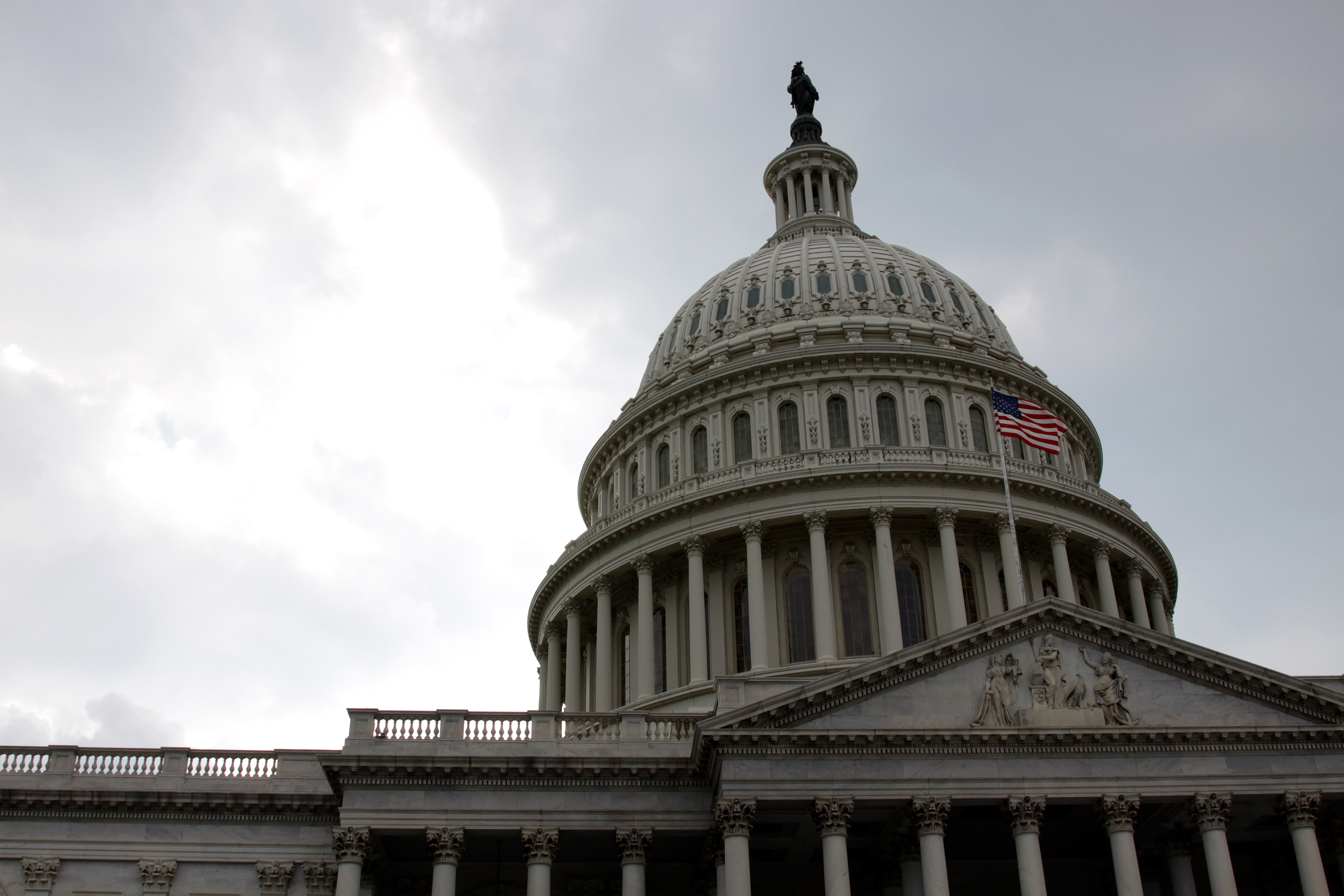Some Iowa Farmers Now Cut Off from Liquid Propane Supplies
The pain to find liquid propane is growing in states such as Iowa. The issue isn’t supply nationwide-it’s supply in the upper Midwest. One propane retailer said he is sending trucks from Iowa, down to Kansas. Even then, drivers are sitting in lines 30 trucks deep, waiting give hours to fill a single truck.
Nebraska is the latest state to make an emergency declaration to help ease propane transportation. Nebraska joined states like Iowa and Minnesota, where officials had already made a declaration, an important step in helping trucks forced to drive hundreds of miles just to try to find pipeline terminals with propane supply.
“I talked to Iowa Secretary of Agriculture Mike Naig yesterday and he told me that would include waiting in line at propane terminals,” said ProFarmer's Inputs Monitor’s Davis Michaelsen “He said some trucks are traveling as far as Kansas and could be looking at trips as far as Texas to get supply and bring back, and that’s where those hours of service waivers will really help out.”
Longer drive times mean added costs, with some propane retailers saying it's adding 30 to 50 cents per gallon of propane. The added cost will ultimately be passed on to buyers, like farmers. That's not a good sign for balance sheets, as farmers are experiencing a wetter than normal harvest hitting all at once, pinching the supply stream and now farmers’ bottom line.
“This becomes a very significant cost on a per bushel sense for producers, when they either have to pay that extra cost for the propane or they even can't get access to it,” said Seth Meyer of University of Missouri’s FAPRI. “You're talking about issues of quality of grain that could be substantial. Lots of things can go wrong when you when you try and skirt around not being able to dry your crop.”
While states like Iowa are short on supply, Meyer confirmed there is enough supply of liquid propane nationwide. The issue is the pipeline system can’t redirect product easily, making it hard to get propane from states like Texas up to Midwest.






